|
Literacy in Mathematics does not happen unless the formative assessment is accomplished through daily word problem-solving activities.
0 Comments
Formative Assessment, Analysis, Personal Feedback, Modification of InstructionThis time period was spent reteaching and providing feedback to students about their learning. Areas of focus continue to be about writing in their math journals, daily close readings using reading annotation skills and building now upon new topics to deepen their understanding about arithmetic and geometric sequences.
Analysis of the content and literacy assessment reveals that students do not have a good foundation on decimals and percents. Classroom warm-ups are given the first two days to address these deficiencies. The following worksheets were used: 1. Write decimals from fractions. 2. Change decimals to percents. 3. Solve simple percent problems. GIZMOS ApplicationsStudents have gained an understanding of linear and exponential functions using table of values, recursive, and explicit equations. Now it is time to work more deeply with the graphs and characteristics of linear functions. In the classroom we use the Gizmos application for practicing a performance task and as a formative assessment. Students complete the performance task and the formative 5 question assessment after completion of the lesson.
What are the Seven Revolutions? from CSIS on Vimeo. Have you considered how a global population of 9 billion people by the middle of the century will impact your life? What are the challenges for the availability of food, water, and energy resources? How will society balance the benefits of technological innovation and advanced communication with the threat of cyber security? How will global economic integration and governance affect trade, markets, and commerce overall? To answer questions like these, the Center for Strategic & International Studies (CSIS) embarked on an initiative in 1992 to address and analyze the key policy challenges that policymakers, business figures, and other leaders will face out to the year 2035 & beyond. It is an effort to promote strategic thinking about the long-term trends that too few take the time to consider. Though our research is constantly evolving, we created this guide as a snapshot for what we call the Seven Revolutions. The key points of this research have been captured in an exciting, fast-paced, multimedia presentation that has been given around the world—from governments to private corporations to academia to nongovernmental organizations. Seven Revolutions is constantly updated to reflect the latest data analysis and available technologies. It is an effective tool for pushing audiences to think outside of their areas of expertise and beyond their familiar planning parameters. Students are assessed on vocabulary (literacy) and content during week eight of Project 711. Students receive 7 weeks of instruction. One week of formative assessment, practice and review. One week of reteaching to reflect, correct understanding and receive feedback.
Typically students in the comprehensive school have by now taken a quarterly benchmark and assigned grades to students. Typically this is where students who have suffered bad experiences are saying "Here I go again, especially for those students who are failing for whatever reason. This alternative approach is using a different approach to focus on student learning and not grades at this point in time.
Traditionally, we have used assessments to measure how much our students have learned up to a particular point in time. This is called "assessment of learning" — or what we use to see whether our students are meeting standards set by the state, the district, or the classroom teacher. These summative assessments are conducted after a unit or certain time period to determine how much learning has taken place. Although assessments of learning are important if we are to ascribe grades to students and provide accountability, teachers should also focus more on assessment for learning. These types of assessment — formative assessments — support learning during the learning process. Types of Assessment Strategies (Math Journal Focus on Literacy) I have chosen a variety of quick ways for you to check for understanding and gather "evidence" of learning in the warrior math classroom.
Find the three arithmetic means between 5 and 17.
------ 5,5+d,5+2d,5+3d,5+4d = 17 ---- 5+4d = 17 4d = 12 d = 3 ----- Ans:: 5, 8, 11, 14, 17 --------------------- Cheers, Stan H. |
Dr. Smith
|
- Home
- CAASPP/SBAC PREP
- Orientation
- Dr. Smith MATH BLOG-2017-2018
- Privacy Policy
- Hour of Code
- Math Fun Night Videos
- CCHS MATH I
- CCHS MATH II
- CCHS MATH III
- Art of Math
- Parents
- RTI-FLOWMAP
- WOF-Good
- Hourofcode
- Content Objectives
- Common Core Standards
- Geometry Proofs
- MusicBlog
- CCHS Kahoot Challenge
- MATH & PEOPLE
- JavaScript Programming
- Star Wars
- Pearson Video Help
- Conference Presentations
- SBAC Practice #1
- SJAE Exit Survey
- CCEA MATH Resources
- CCHS MATH BLOG-2018-2019
- Brain-Based Research
- Stock Market Game
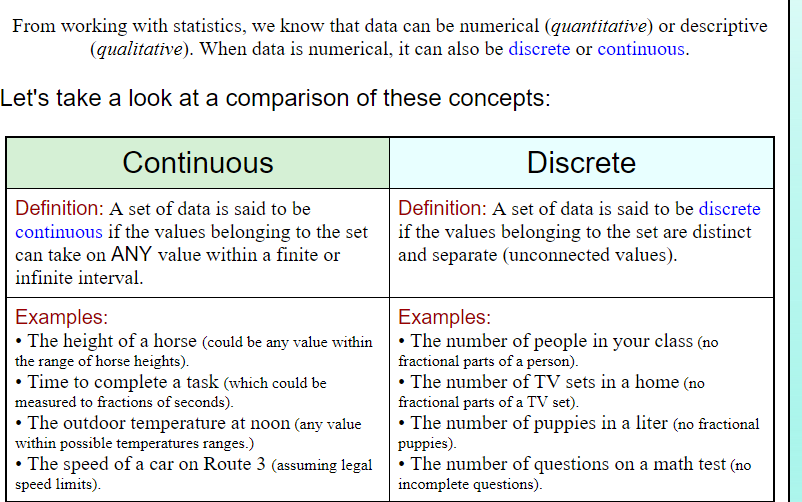
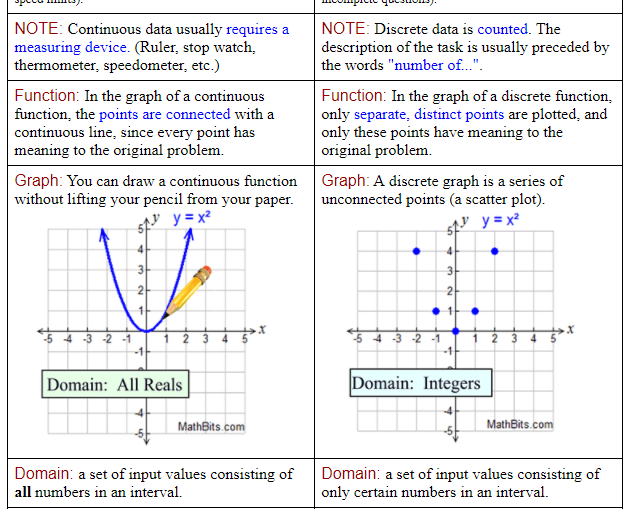
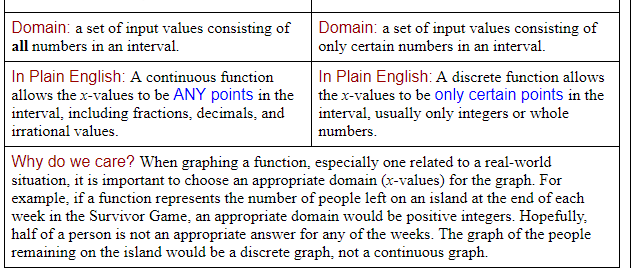
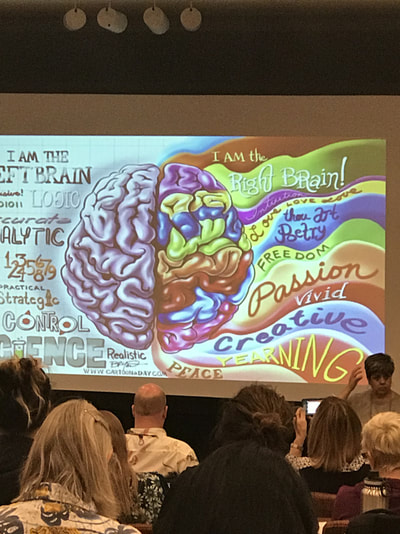
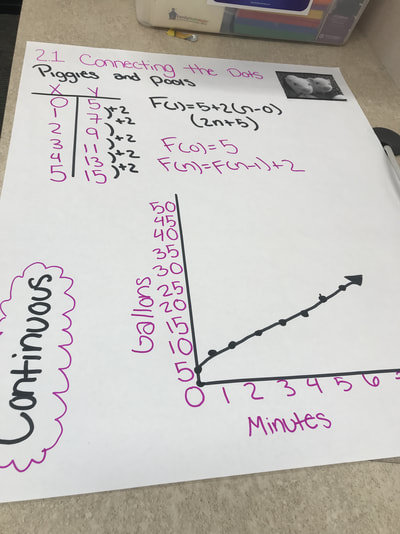
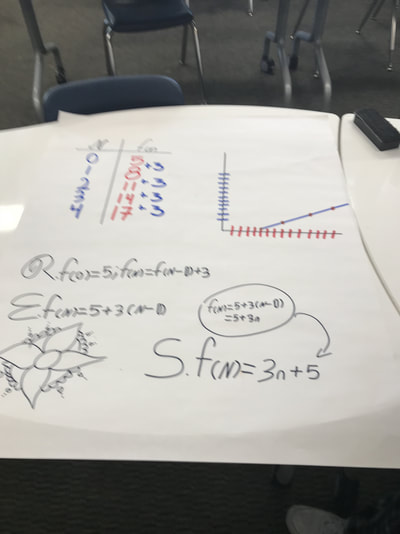
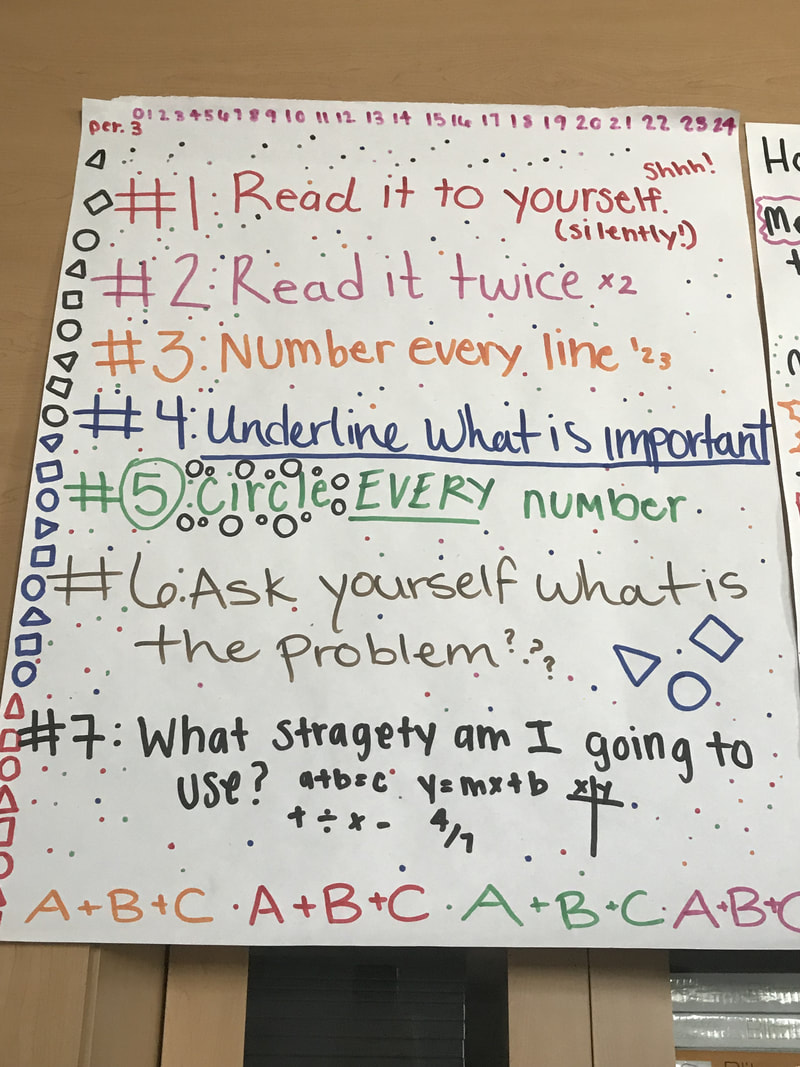
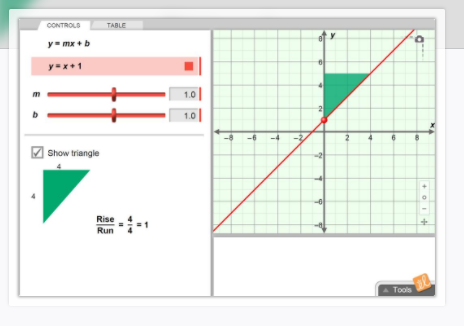
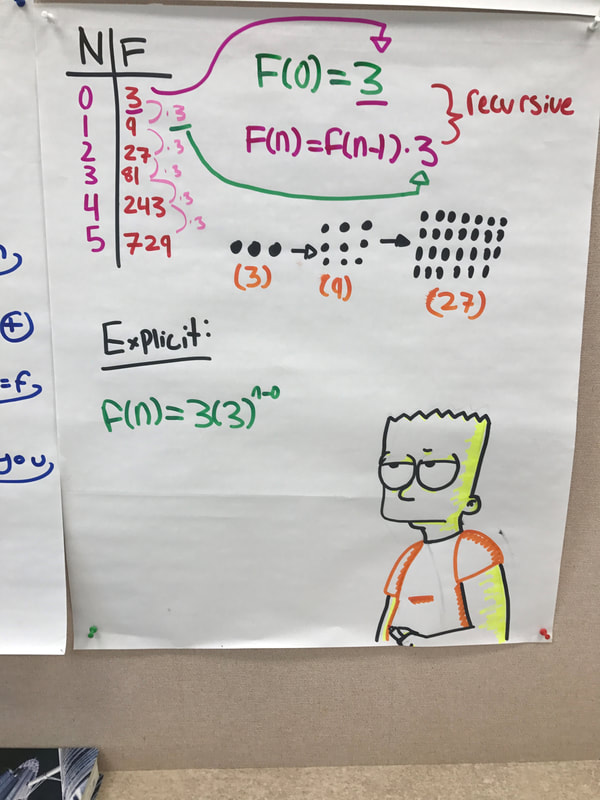
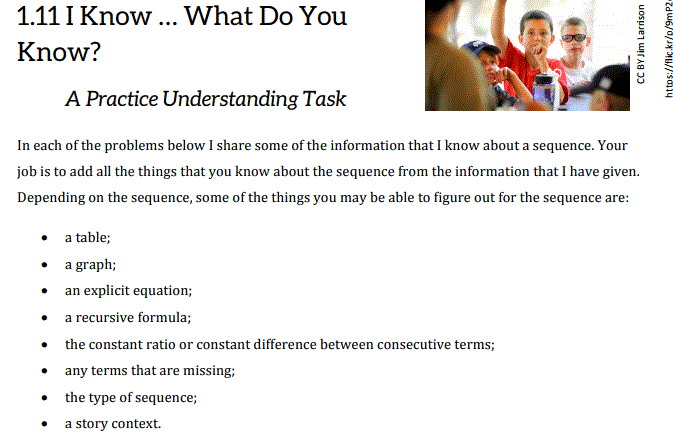
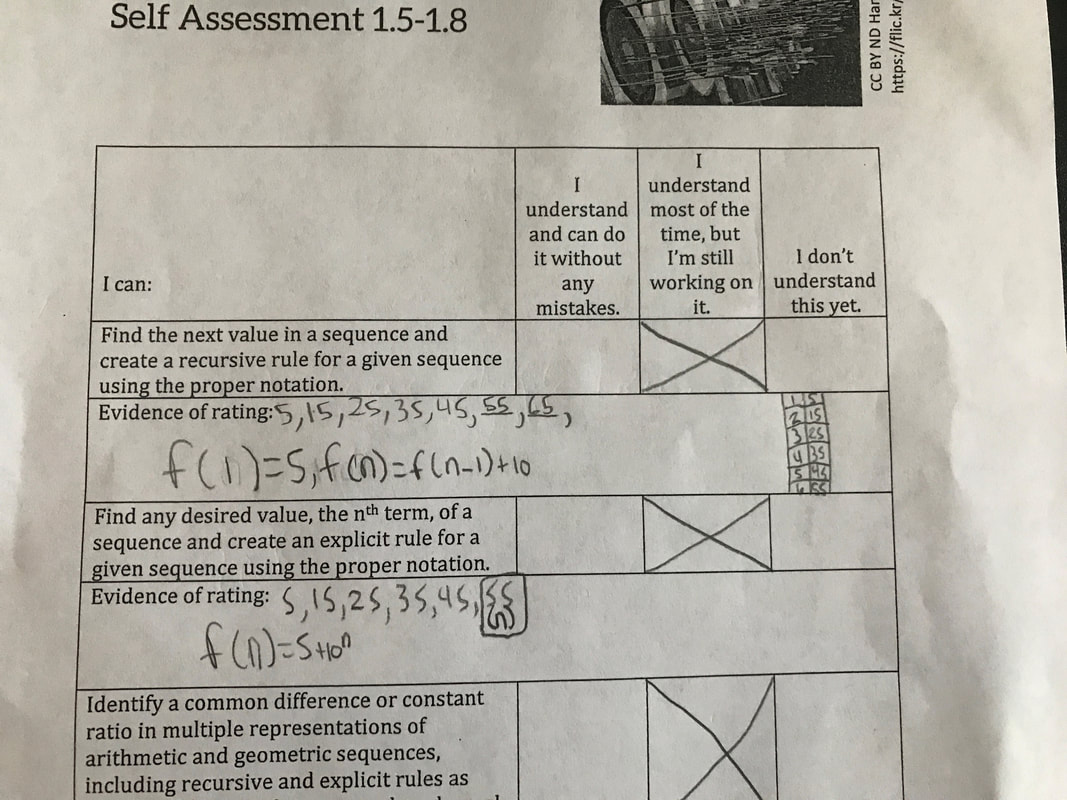
 RSS Feed
RSS Feed
